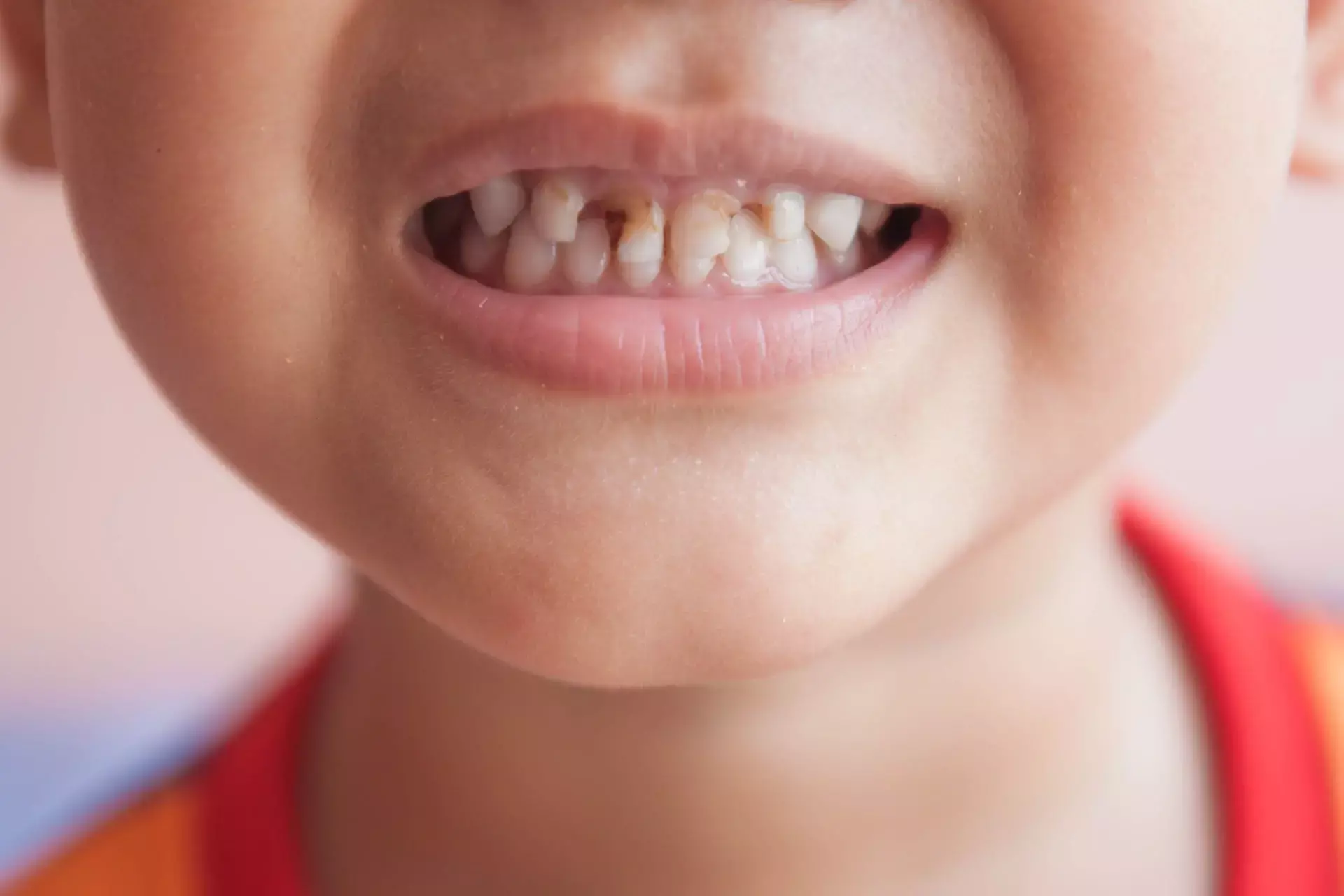- Home
- Medical news & Guidelines
- Anesthesiology
- Cardiology and CTVS
- Critical Care
- Dentistry
- Dermatology
- Diabetes and Endocrinology
- ENT
- Gastroenterology
- Medicine
- Nephrology
- Neurology
- Obstretics-Gynaecology
- Oncology
- Ophthalmology
- Orthopaedics
- Pediatrics-Neonatology
- Psychiatry
- Pulmonology
- Radiology
- Surgery
- Urology
- Laboratory Medicine
- Diet
- Nursing
- Paramedical
- Physiotherapy
- Health news
- Fact Check
- Bone Health Fact Check
- Brain Health Fact Check
- Cancer Related Fact Check
- Child Care Fact Check
- Dental and oral health fact check
- Diabetes and metabolic health fact check
- Diet and Nutrition Fact Check
- Eye and ENT Care Fact Check
- Fitness fact check
- Gut health fact check
- Heart health fact check
- Kidney health fact check
- Medical education fact check
- Men's health fact check
- Respiratory fact check
- Skin and hair care fact check
- Vaccine and Immunization fact check
- Women's health fact check
- AYUSH
- State News
- Andaman and Nicobar Islands
- Andhra Pradesh
- Arunachal Pradesh
- Assam
- Bihar
- Chandigarh
- Chattisgarh
- Dadra and Nagar Haveli
- Daman and Diu
- Delhi
- Goa
- Gujarat
- Haryana
- Himachal Pradesh
- Jammu & Kashmir
- Jharkhand
- Karnataka
- Kerala
- Ladakh
- Lakshadweep
- Madhya Pradesh
- Maharashtra
- Manipur
- Meghalaya
- Mizoram
- Nagaland
- Odisha
- Puducherry
- Punjab
- Rajasthan
- Sikkim
- Tamil Nadu
- Telangana
- Tripura
- Uttar Pradesh
- Uttrakhand
- West Bengal
- Medical Education
- Industry
High Birth Weight Linked to Increased Risk of Early Childhood Dental Caries: Study

Researchers have now identified a high birth weight as one of the major risk factors for the development of early childhood caries (ECC), which presents as an emerging global oral health problem. This points to the need for targeted preventive measures in children born with a birth weight of 4,000 grams or more. The latest study was published in the journal BMC Oral Health by Huning Wang and colleagues.
ECC is a serious public health problem in infants, toddlers, and young children with consequences for oral and general health well beyond childhood. Although a large literature is available on the association of low birth weight with ECC, there is a poor understanding of the influence of high birth weight on dental caries incidence and severity in young children. It has been due to this gap that this study assessed the relationship between high birth weight and dental caries in children aged 4-5 years.
In this study, 491 children aged 4-5 years were analyzed. Children were recruited from a population-based birth cohort study. The authors obtained full data related to dental caries, prenatal and perinatal factors, and socio-demographic determinants. The data was fitted by logistic regression models and adjusted by possible confounding variables. Two-sided P-value < 0.05 was considered statistically significant.
Results
• Among the 491 children studied, the prevalence of dental caries was 48.7%.
• The findings revealed a significant association between high birth weight (≥ 4,000 g) and an increased incidence of dental caries.
• Children with a high birth weight had an odds ratio (OR) of 2.000 (95% CI: 1.062–3.765) for developing caries compared to those with normal birth weight (2,500–3,999 g).
• An increased risk of more serious caries, with a dmft score higher than 3, was even observed in children of high birth weight.
• In this group, the serious caries odds ratio was 2.437 with a 95 percent CI of 1.306–4.549, which showed that these children were more in the risk category to experience major tooth decay.
The study’s findings suggest that high birth weight is a notable risk factor for early childhood caries, emphasizing the need for early and focused preventive dental care in this population. These results contribute to the broader understanding of how birth weight influences oral health outcomes in young children and highlight the importance of considering high birth weight as a factor in dental health assessments and interventions.
In conclusion, high birth weight (≥ 4,000 g) is associated with an increased risk of early childhood caries and more severe dental decay in 4–5-year-old children. These findings suggest that healthcare providers should pay particular attention to the dental health of children with high birth weight, incorporating early preventive strategies to mitigate the risk of caries development.
Reference:
Wang, H., Zhang, H., Zeng, X., Yu, J., Jiang, Y., Huang, L., Zeng, X., Chen, Q., Da, D., & Zhang, Y. (2024). Association between high birth weight and dental caries at 4–5 years of age: a birth-cohort study. BMC Oral Health, 24(1). https://doi.org/10.1186/s12903-024-04651-6
Dr Riya Dave has completed dentistry from Gujarat University in 2022. She is a dentist and accomplished medical and scientific writer known for her commitment to bridging the gap between clinical expertise and accessible healthcare information. She has been actively involved in writing blogs related to health and wellness.
Dr Kamal Kant Kohli-MBBS, DTCD- a chest specialist with more than 30 years of practice and a flair for writing clinical articles, Dr Kamal Kant Kohli joined Medical Dialogues as a Chief Editor of Medical News. Besides writing articles, as an editor, he proofreads and verifies all the medical content published on Medical Dialogues including those coming from journals, studies,medical conferences,guidelines etc. Email: drkohli@medicaldialogues.in. Contact no. 011-43720751


